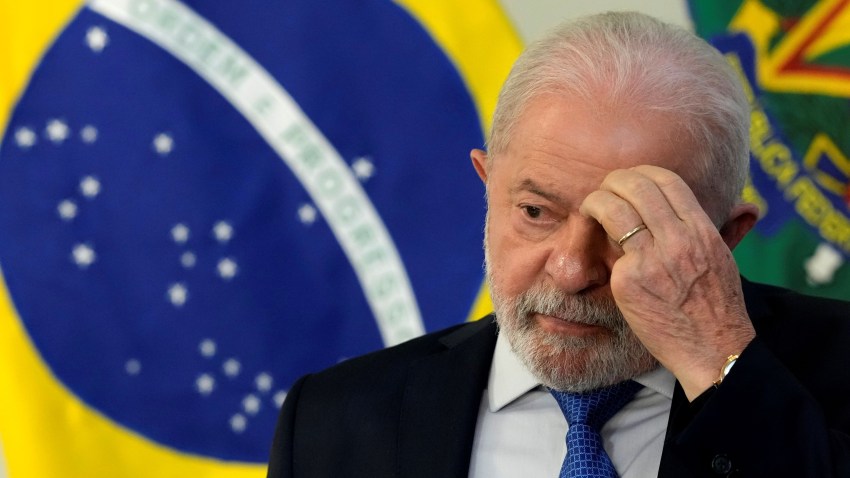One hundred days into Luiz Inacio Lula da Silva’s new term in office, Brazil’s president has lived up to expectations from before the 2022 general election, with no major surprises. Lula is returning to familiar policy approaches from his previous stint in office from 2003 to 2010, in an effort to restore Brazil’s regional and global leadership, which his predecessor, former President Jair Bolsonaro, largely abandoned. He has already reclaimed Brazil’s active role at the United Nations and as a voice on climate diplomacy, and has made a priority of restoring warm relations between Brazil and China.
The focus on foreign affairs is understandable, given the difficult headwinds Brazil faces on its domestic politics and economy. But those same domestic conditions may eventually constrain his foreign-policy ambitions.
Lula’s first two trips overseas after Brazil’s presidential election last October were nothing but positive. Before his inauguration in January 2023, as president-elect, he traveled to Egypt to participate in the U.N. Climate Change Conference and other climate-related meetings. Those engagements helped set the narrative that Brazil would no longer be a climate pariah, as it had been under Bolsonaro, and would once again begin to exercise global leadership on climate change. For his first trip abroad after his inauguration as president, Lula traveled to Argentina and Uruguay. At the summit of CELAC—the regional organization for all of Latin America and the Caribbean—in Argentina, he was the star of the show. His attendance revived discussions of South American integration, including the potential reestablishment of the South American regional grouping UNASUR as well as a proposal for a South American common currency. The latter is probably unrealistic, but it demonstrates an ambitious vision for the continent that had gone missing in recent years.

